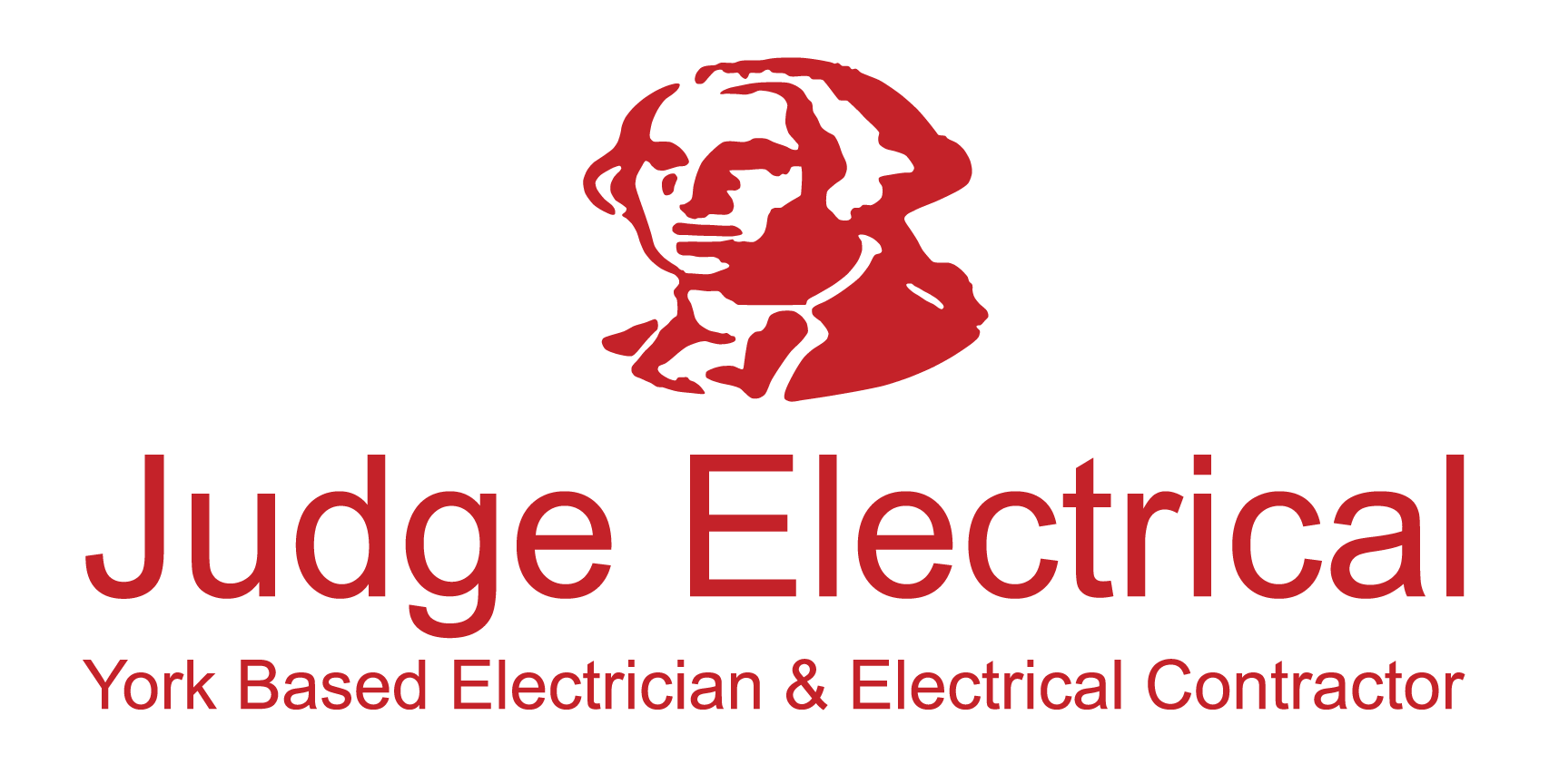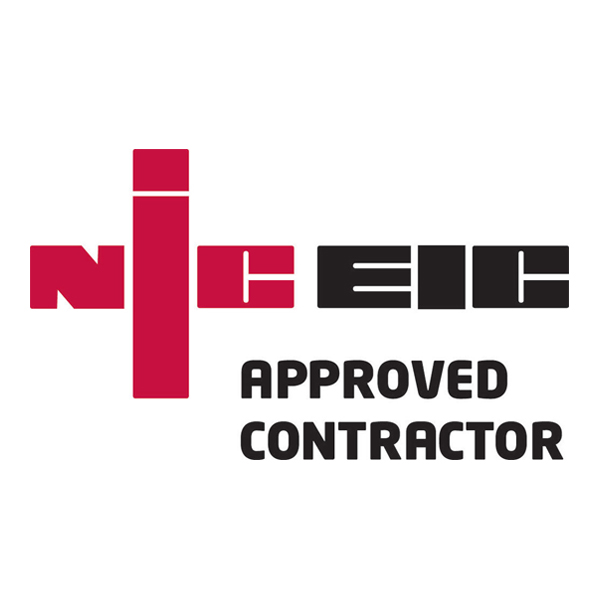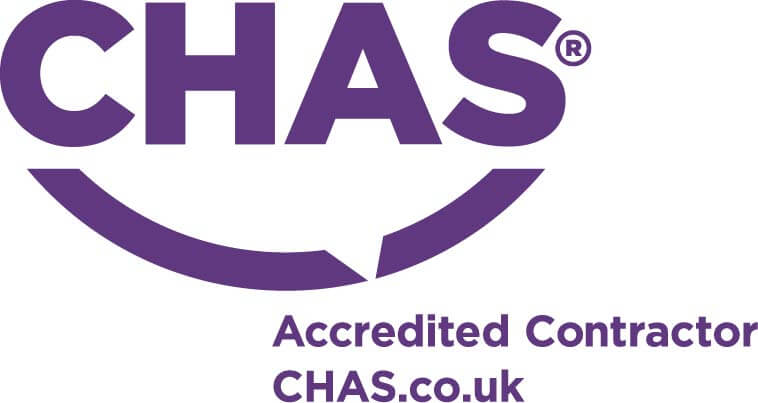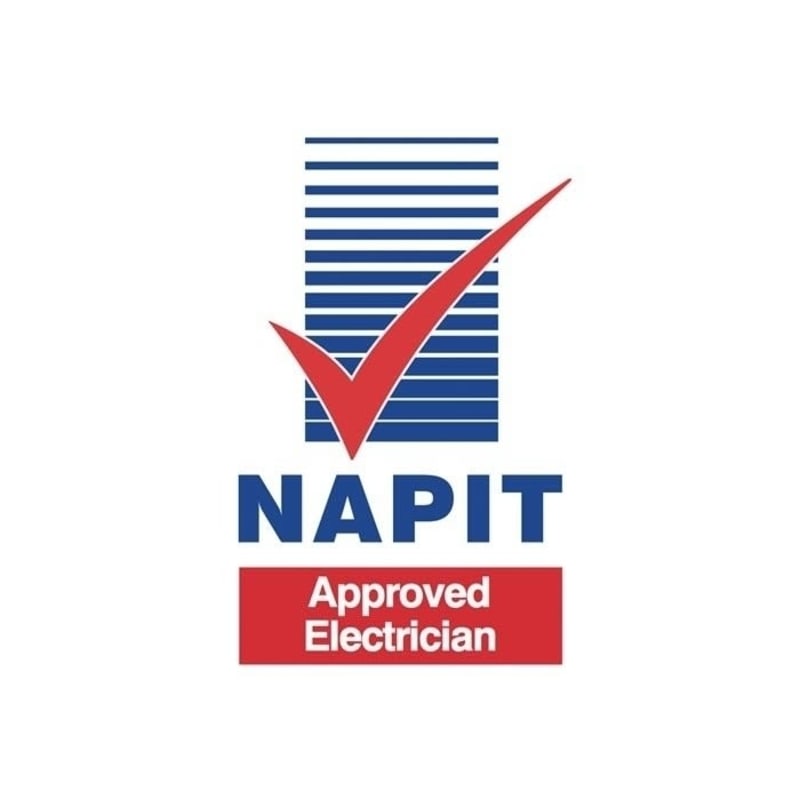Electrical Trade Associations
NICEIC
NICEIC stands for ‘National Inspection Council for Electrical Installation Contracting’.
NICEIC (pronounced ‘nicky’) is the prime UK independent electrical contractors standards agency.
Electrical contractors join NICEIC to give customers confidence that they are competent and trustworthy; this is why you see the NICEIC logo on many electrical contractor’s websites.
About 90% of UK local authorities do not employ electrical contractors unless they are members of NICEIC.
To quote the NICEIC website:
Our aim is to protect everyone who uses electricity from unsafe electrical installations in their homes, places of work and leisure. To achieve this, we maintain a register of electrical contractors that we assess as complying with the various standards, codes of practice and Scheme rules’.
‘Enrolment with NICEIC is voluntary, but electrical contractors that are competent and conscientious about the service they offer customers would consider it a priority to enrol’.
To achieve NICEIC membership the NICEIC inspect a representative sample of the contractors work.
The NICEIC also inspect company premises, equipment and competence.
NICEIC regularly re-inspect contractors premises, equipment and competence.
NICEIC offer a complaints procedure if a customer is unhappy with a members work; NICEIC members agree to abide by the ruling.
To make a complaint visit the NICEIC website.
CHAS
CHAS is a UK Government scheme that assesses contractors health and safety competency.
The CHAS (Contractors Health & Safety Assessment Scheme) principles and purposes are:
Each month thousands of contractors and consultants (suppliers) apply for work with public and private sector organisations (buyers). To win work, they must meet the buyer’s health and safety standards.
Assessing suppliers health and safety competence is usually a lengthy and time consuming process. Suppliers can sometimes meet one buyer’s Health and Safety standards but not another.
Being CHAS approved reduces duplication as suppliers compliance is accepted by all CHAS buyers.
CHAS assesses applicants:
- Health and safety policy statement.
- Their organisation for health and safety.
- Their specific health and safety arrangements to a standard acceptable to our buyers and to others.
Background
In 1997 a group of health and safety and procurement professionals from across Great Britain worked with the Association of London Government (ALG) to develop CHAS. In 2001 CHAS became a web-based system.
CHAS started with two main aims.
- To improve health and safety standards across Great Britain.
- To reduce duplicated safety applications for both suppliers and buyers.
These days CHAS has more than 400 public and private sector buyer organisations, such as councils, housing associations, NHS trusts, including a growing number of large private companies who employ sub-contractors.
The Stages of Assessing Competency
There are three stages in the assessment process from the time a supplier applies for a CHAS assessment, through to working for a buyer:
- The CHAS assessment: if a supplier passes this assessment they have shown they can adequately manage health and safety.
- The employer (buyer) checks a supplier has the ability, experience and resources to carry out the specific work they have applied to do.
- The buyer will look at things like method statements, specific risk assessments, references, examples of previous similar work, training and available resources.
- Monitoring the supplier when they are doing the work.
- Buyers will check suppliers are managing the work safely, carrying out the method statements properly, have enough resources, liaising properly, managing the site effectively and providing enough supervision.
NAPIT
NAPIT is is a trade association that started off as an association for companies and individuals that perform electrical testing but has now expanded its schemes to different areas, for instance plumbing, heating and ventilation.
NAPIT stands for National Association for Professional Inspectors and Testers
To quote the NAPIT web site:
NAPIT was formed in 1992 as the National Association for Professional Inspectors and Testers, with the aim of setting standards for industry.
Companies or individuals that are a member of NAPIT adhere to high standards of professional competence and are part of a complaints system. NAPIT membership infers trustworthiness and competence.



